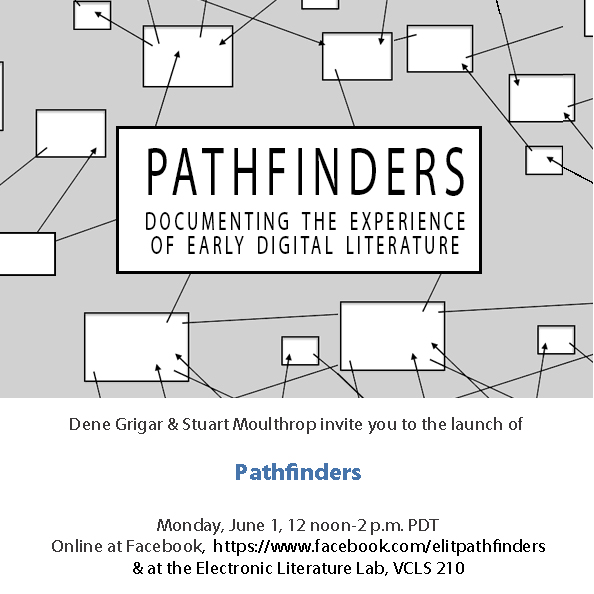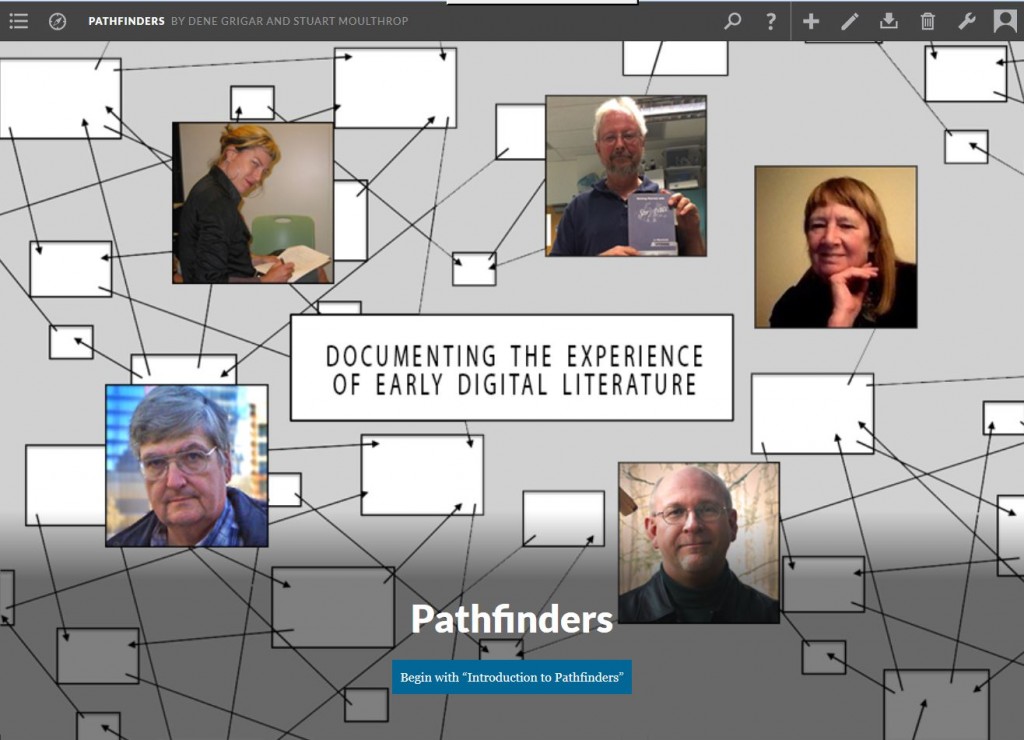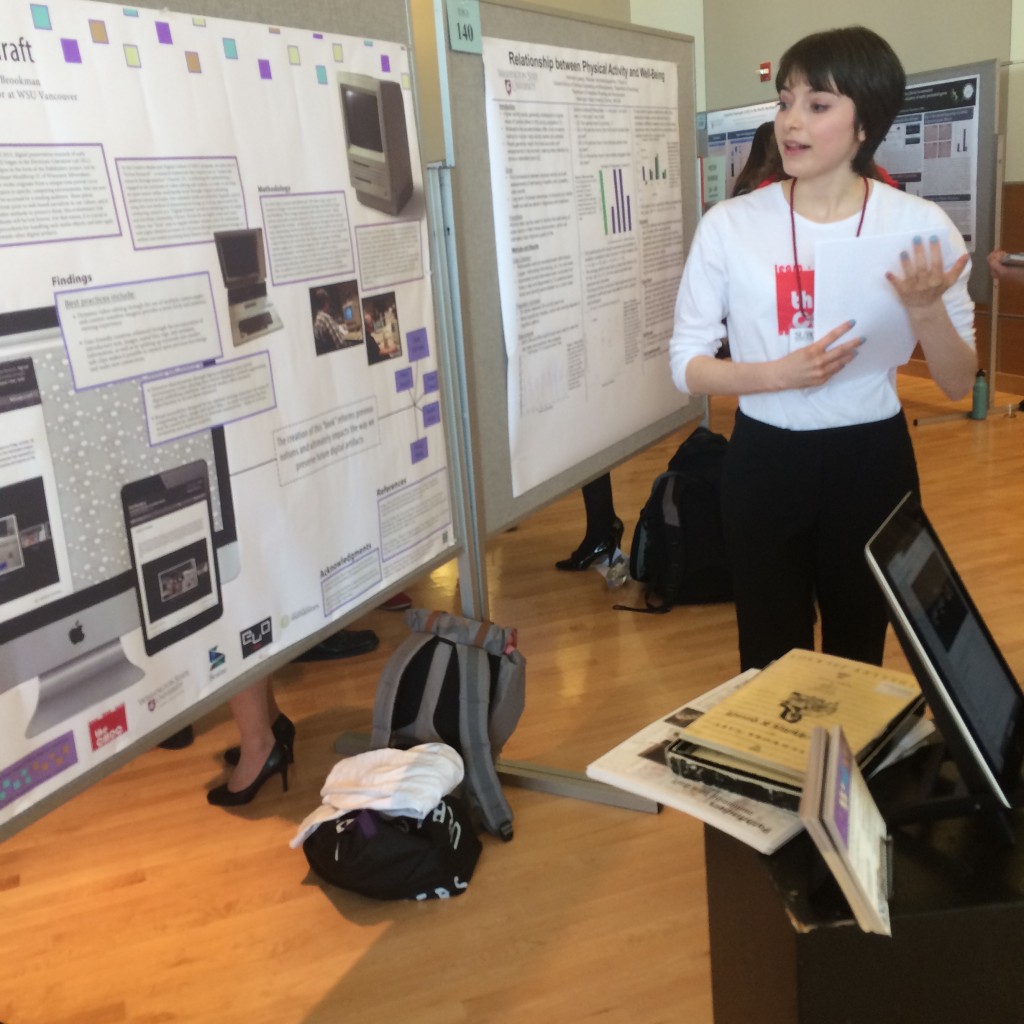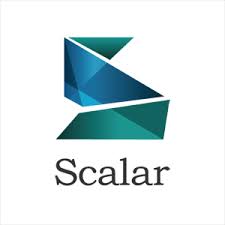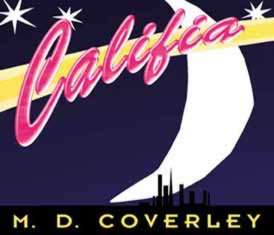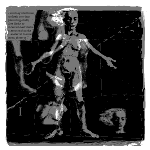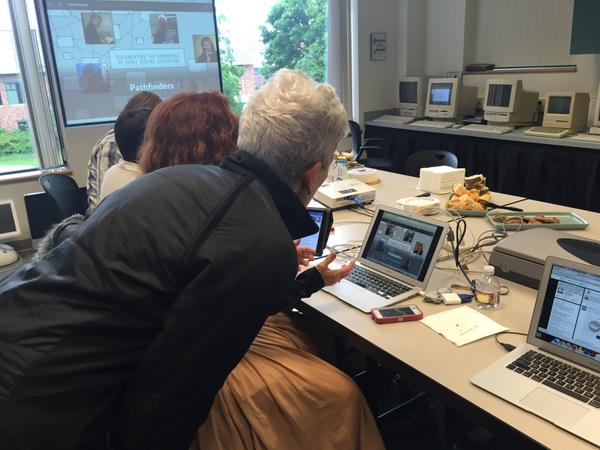
Visitors in ELL for launch of Pathfinders
The Pathfinders multimedia, open source book is ready. You can read it here. Included in the book are 104 videos, 204 color photos, and 3 audio files.
The launch has been successful. As of this moment, we have been live for 51 hours and have seen 1293 visitors on the site. That is about 25 hits an hour. 81% are new visitors. 75% of our visitors stay on the site, with close to 30% lingering in some cases over an hour. Some of the universities and libraries that visitors come from include:
Lasalle U
UC Riverside
VA Commonwealth U
Muhlenberg College
State Library of Queenland
Claremont U
Montana SU
Princeton U
Minnesota U System
WSU Pullman
Northern Illinois U
Pontificia Universidad Javeriana (in Columbia)
Molloy College
U of Victoria (BC)
People coming in from Durham, NC; Washington, DC; Silver Springs, MD; Portsmouth, RI; and other places where we have friends and supporters.
Countries include: US, UK, Canada, Finland, Norway, Germany, Greece, New Zealand, France, Italy, Switzerland,
Spain, Australia, Mexico, Colombia, Denmark, Sweden, Japan, Portugal, Korea.
So, this is good news. It means that our social media strategist Kate Palermini’s hard work on the social media campaign has been very successful and continues to have legs. We are still seeing tweets and retweets on Twitter and likes on Facebook.


